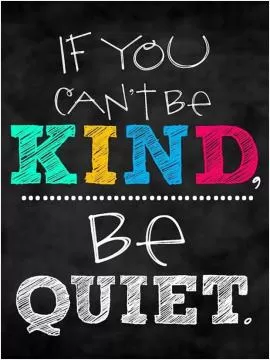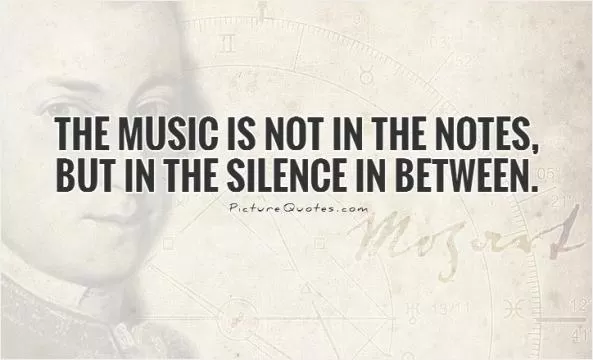
I don't get mad. I get silent

I don't get mad. I get silent
When it comes to dealing with anger, everyone has their own unique way of expressing it. Some people may shout and scream, while others may become quiet and withdrawn. The phrase "I don't get mad. I get silent" perfectly encapsulates the latter approach to anger management.For some individuals, staying silent when they are angry is a way of maintaining control over their emotions. Rather than lashing out in a fit of rage, they choose to keep their feelings bottled up inside. This can be a coping mechanism for those who struggle to express their anger in a healthy way. By remaining silent, they are able to avoid saying hurtful things that they may later regret.
However, staying silent when angry can also have its drawbacks. While it may prevent immediate conflict or confrontation, it can also lead to feelings of resentment and frustration building up over time. Bottling up emotions can be detrimental to one's mental and emotional well-being, as it can lead to increased stress and anxiety.
In the context of "mad words", choosing to stay silent when angry can be a way of preventing oneself from saying hurtful or damaging things in the heat of the moment. It can be a way of protecting oneself and others from the negative consequences of impulsive speech. By taking a step back and remaining silent, one can give themselves the opportunity to cool down and think more rationally before speaking.
However, it is important to note that staying silent when angry should not be a permanent solution. It is important to find healthy ways to express and manage anger, such as through communication, therapy, or other coping strategies. Ignoring or suppressing anger can lead to long-term negative effects on one's mental and emotional well-being.












 Friendship Quotes
Friendship Quotes Love Quotes
Love Quotes Life Quotes
Life Quotes Funny Quotes
Funny Quotes Motivational Quotes
Motivational Quotes Inspirational Quotes
Inspirational Quotes